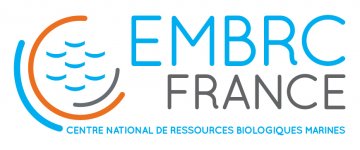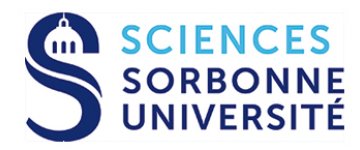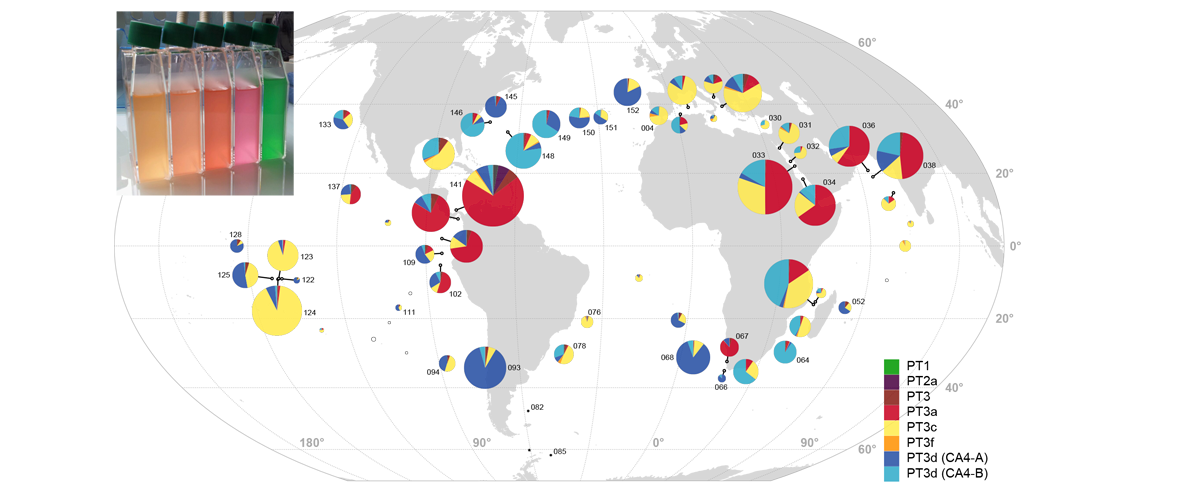Global mapping of planktonic “chameleons”
Cyanobacteria of the genus Synechococcus are ubiquitous in the world ocean (1) and contribute significantly to both the marine food chain and the carbon cycle. Like chameleons of the plankton world, some of them are able to change pigmentation to match the ambient light color. Yet, their distribution or abundance has remained unknown so far. Research scientists from CNRS and CEA (2), together with international collaborators, have just demonstrated that these color-shifters are the most abundant group of Synechococcus in the ocean —representing about 40% of the whole population— and with highest abundances at depth and high latitudes. This adaptive capacity is an important asset for such planktonic organisms that are carried around by currents in areas where the color of the water varies as it allows them to keep photosynthesizing efficiently and to supply energy to the rest of the food web. This discovery represents a major breakthrough in our understanding of these organisms, which prove to be excellent bio-indicators of climate change. Their findings are published in PNAS (February 12, 2018).
Notes
1 The concentrations vary from hundreds to more than a million cells per mL.
2 From the laboratory Adaptation and diversity in the marine environment of the station biologique de Roscoff (CNRS/Sorbonne Université), the Laboratoire d'océanographie de Villefranche (CNRS/Sorbonne Université) and the laboratory Génomique métabolique (CNRS/Université Evry Val d’Essonne/CEA).
Bibliography :
Light color acclimation is a key process in the global ocean distribution of Synechococcus cyanobacteria. Théophile Grébert, Hugo Doré, Frédéric Partensky, Gregory K. Farrant, Emmanuel S. Boss, Marc Picheral, Lionel Guidi, Stéphane Pesant, David J. Scanlan, Patrick Wincker, Silvia G. Acinas, David M. Kehoe and Laurence Garczarek, PNAS, 12 février 2018.
Contacts:
CNRS Researchers :
Laurence Garczarek | T +33 2 98 29 25 38 / +33 6 20 33 16 37 | laurence.garczarek@sb-roscoff.fr
Frédéric Partensky | T +33 2 98 29 25 64 | frederic.partensky@sb-roscoff.fr
CNRS Press | Anaïs Culot | T +33 1 44 96 43 09 | anais.culot@cnrs.fr








